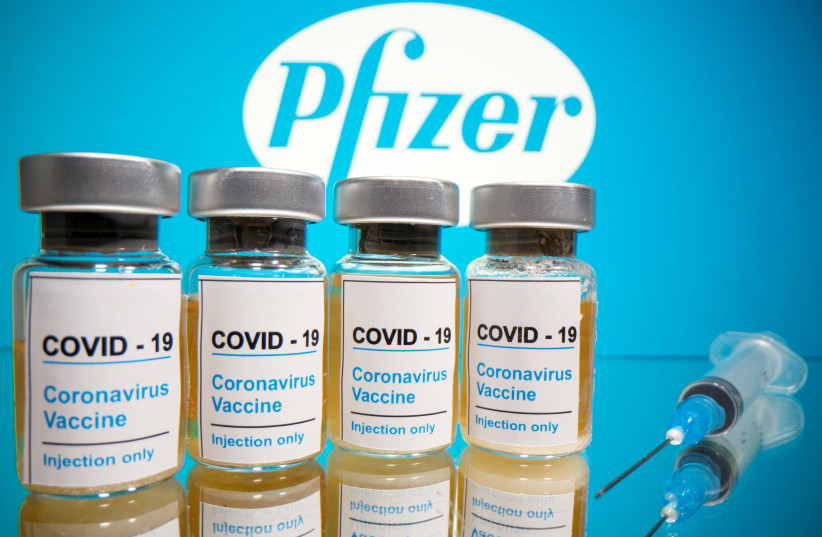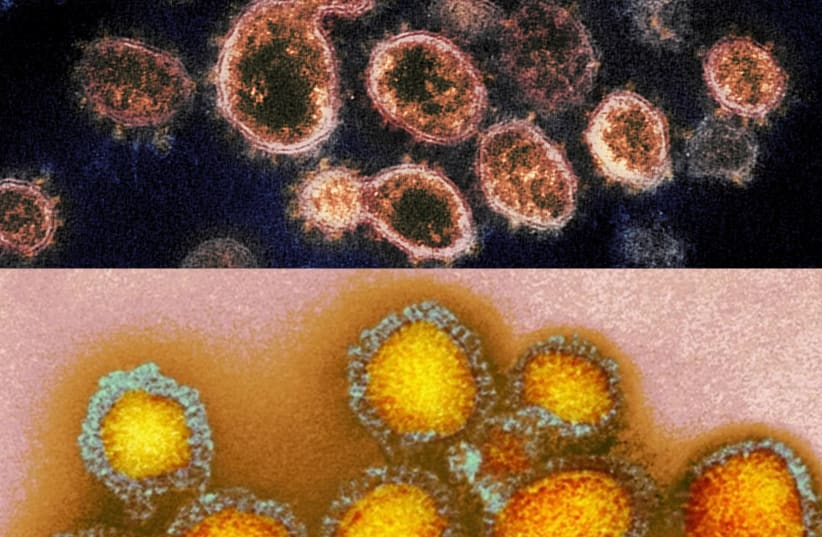Israel's Health Ministry, concerned about the possibility of another COVID-19 wave combined with the threat of influenza in the coming week and months, has purchased the new Pfizer vaccine that is suited to the Omicron variant, COVID-19 project manager Prof. Salman Zarka said Wednesday in an online press conference for health reporters.
Indications from Australia and New Zealand in the Southern Hemisphere, which are now ending their winter, are that COVID-19 and the flu are a dangerous combination.
Who should get the flu shot and COVID-19 Omicron vaccine?
The booster shot will soon be available from the four public health funds, especially for those at high risk – the elderly and those with chronic illness at any age – but others are also welcome to ask for the shot, Zarka said.
Protection is available from two separate shots – one for Omicron and the other for the flu, he said. They are not combined in one shot. The flu shot is recommended for everyone over the age of six months, regardless of their medical condition, he said.


Zarka urged people to wear face masks voluntarily in crowded places, including buses and trains, in synagogues and elsewhere in the coming months. He also advised getting antigen tests before spending time at family events during the High Holy Days and other events in the Hebrew month of Elul, especially if people at high risk will be there.
The Health Ministry has noted a rise in sickness among schoolchildren, Zarka said.
“Don’t send children with respiratory symptoms and other signs of being unwell to school,” he said. “The same goes for adults who should not go to work if they are sick so they do not infect others.”
"Don’t send children with respiratory symptoms and other signs of being unwell to school; the same goes for adults who should not go to work if they are sick so they do not infect others."
Prof. Salman Zarka
The Health Ministry on Wednesday reported that 1,188 people had tested positive for COVID-19, but there probably were many more because few people are going for testing, Zarka said. Forty-nine patients were in critical condition, and 16 were in moderate condition, with 44 attached to a respirator.
Two people died of complications from COVID over the past week, the Health Ministry reported. A total of 11,667 have died of COVID-19 in Israel since the pandemic began more than two and a half years ago.
